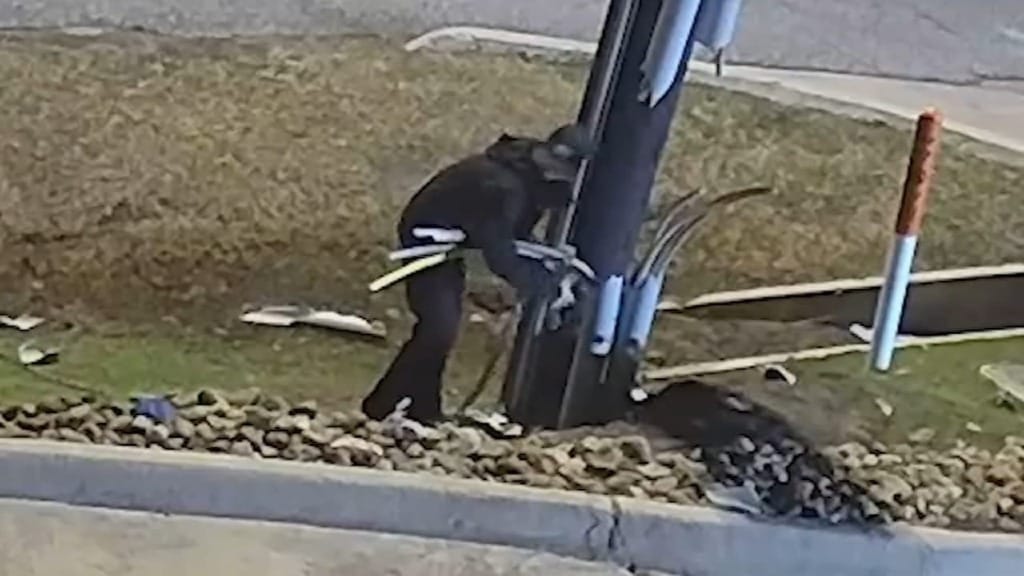Telecom Industry Summit Puts Focus on Harms from Copper Theft
Surge in network vandalism and theft prompt industry push for tougher laws protecting communications infrastructure.
Jericho Casper

WASHINGTON, Nov. 19, 2024 – The rising market value of copper has driven a surge in theft and vandalism targeting America’s communications networks, causing widespread service disruptions, costing millions in damages, and threatening public safety.
With nearly 4,000 reported incidents in a three-month period this year, industry leaders and law enforcement convened in Irving, Texas on Tuesday to address what they call a growing national crisis. The event was organized by industry groups NCTA, NTCA, CTIA, and USTelecom.
“This rise in criminal acts creates immense financial strain, costing millions in repair and restoration costs, and causing cascading impacts on critical sectors” including emergency response, health care, energy grids, and public transportation, Robert Cantu, vice president of cybersecurity and broadband technology for NCTA – The Internet & Television Association, said at the event.
While the rising global demand for copper has driven much of this theft, with prices increasing by more than 60% over the past four years, the issue extends to 5G small cells, wireless towers, fiber-optic lines, and even landline telephones, industry experts said.
Cantu cited an example in Denver, Colo., in which a syndicate of copper thieves targeted a wireless carrier’s small cell sites, stealing copper and causing $800,000 in damages to the carrier from June 2022 to February 2023.
A joint study released during the summit revealed 3,929 incidents of theft and vandalism disrupted services for more than 325,000 customers between June and August 2024. California and Texas alone accounted for 52% of the incidents that occurred over the three-month period.
AT&T has been particularly impacted in Texas, recently offering a $10,000 reward for information leading to the arrest of copper thieves in South Dallas, Texas.
Incidents cited in the groups’ paper illustrated the danger and disruption caused by these crimes.
In Los Angeles, a surge in copper wire thefts led to extended outages, affecting emergency services and daily business operations. In Sacramento, Calif., and Austin, Texas, deliberate fiber cuts to the cities’ airports caused significant flight delays and disrupted cellular service.
Even more troubling, a technician and contractor in Fort Worth, Texas encountered a copper thief armed with an AR-15-style rifle at a job site, underscoring the grave risks faced by workers.
Industry experts emphasized the need for a coordinated response to what has become a nationwide crisis. The current patchwork of state regulations was identified as a significant challenge, with laws varying widely in their classification of communications networks as critical infrastructure and the penalties imposed for damaging them.
“Some states have laws that designate certain sectors like oil and gas, airports, and railroads, as critical infrastructure, but don’t always include communications networks,” said Kuper Jones, senior director of state and external affairs at NCTA. “States like Florida, North Carolina, and South Carolina are doing things right by classifying communications networks as critical infrastructure and ensuring their laws include aerial wires, which are often left unprotected.”
North Carolina emerged as a model for its strong regulatory framework. The state requires sellers of scrap metal to provide detailed information, including the physical address where the property was obtained, the date of acquisition, and the license plate number, make, model, and color of the delivery vehicle.









Member discussion